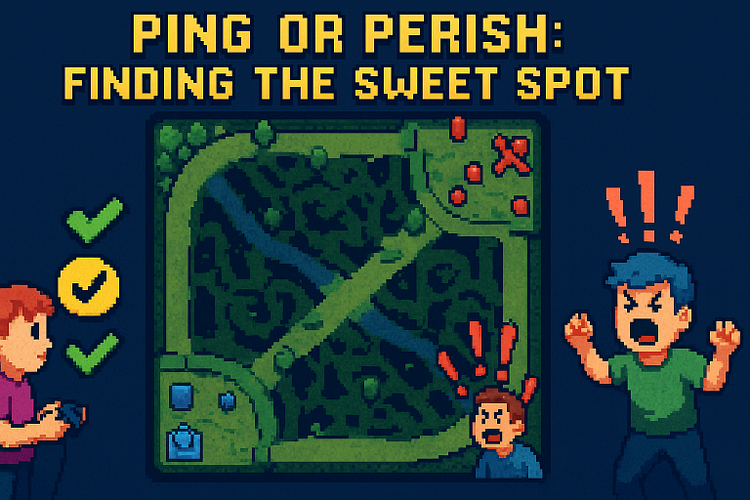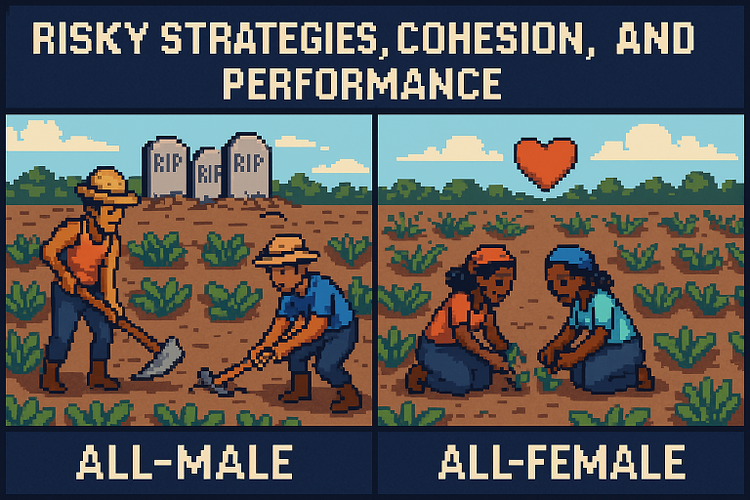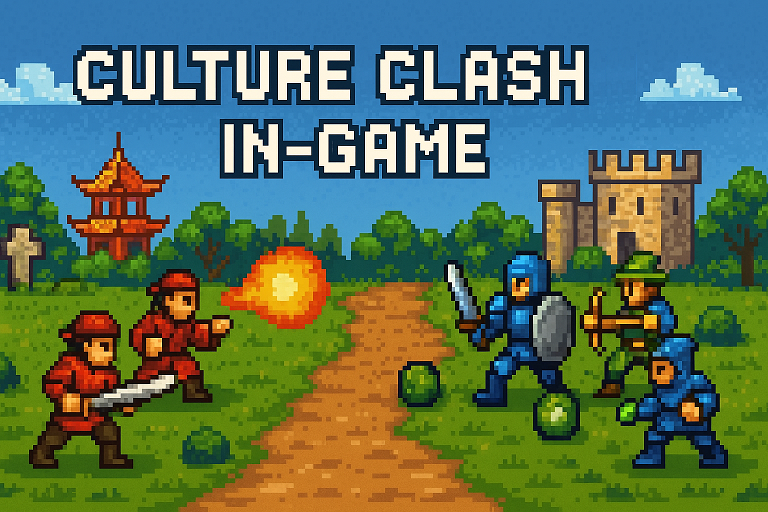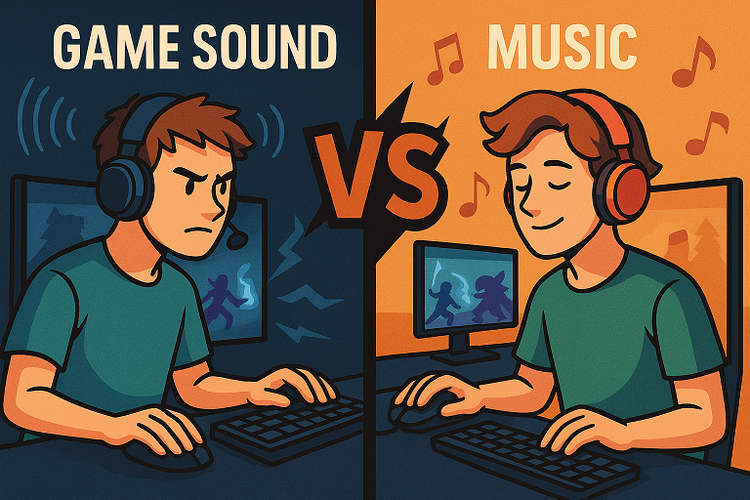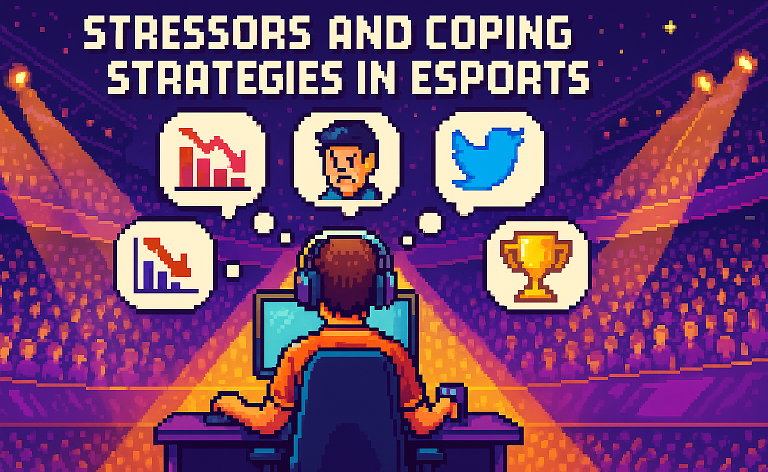Why we play Video Games

Hi everyone.
In today’s episode, we discuss different types of motivations for video gaming and how this knowledge helps us improve our performance, health, well-being, game enjoyment, and gaming behavior.
• Understanding our motivation to play video games is important. It can help you enhance our gaming behavior, health, well-being, enjoyment, and performance.
• The authors of the study collected data from 18,627 players and found six types of motivation to play.
• The six types are socializer, completionist, competitor, escapist, story-driven, and smarty-pants.
Every gamer knows that he probably spends too much time playing. Playing video games has evolved from something only kids and young adults do and can now be considered an inherent part of most societies – we probably all know someone whose parent(s) play Candy Crush or other mini games.
Since so many people spend a lot of time on it, it is important to understand why they play video games. This knowledge will help us make more informed decisions about our gaming behavior and improve our own performance. By knowing who we play with or against, we can get an idea of how our teammates and the enemy team may behave.
🎭 Motives to play of 18,627 Gamers
When we talk about why we do something, we’re always talking about our motivations. Our motives to play vary depending on context (e.g., when we play, what game, or our mood) or what type of person we are (our sex, personality traits etc.). For instance, as we have discussed in last week’s episode, some gamers try to escape real-world problems by turning on their favorite video game; also, on average, men prefer to play competitive games and are more achievement-driven than women [1]. All those factors play a role in why we play.
Investigating gamers and their motives to play has a long history in the literature. Unfortunately, most studies so far focused on separate cultural backgrounds and genres. As you can probably imagine, someone who plays a nice and calming round of DotA2 in order to relax where everyone is super friendly and totally not toxic may have a different motivation compared to someone who wants to climb the ranks and enjoys the torture of getting cheesed by some random guy on the SC2 ladder after he types “gl hf” and later escorts you out of the game by saying something like “gtfo n00b.”
In order to filter out motives of video game play, the authors surveyed 18,627 Chinese and American LoL and CRO 3 players. 95.9% of them were male who, on average, were 23 years old and played 20h per week.
🔎 6 Motives of playing & what they mean
After analyzing the data, the authors found six types of player motivations: socializer, completionist, competitor, escapist, story-driven, and smarty-pants.
“Socializers play video games so that they can build and maintain social relationships. [2]”
Gamers who were categorized as socializers on average had more teammates previously known in their games. This may be because they add people to their friends' list to have friends – LoL, friends (pun intended) – and play with them. Socializers also talk more frequently to other players. Interestingly, those players use video games to socialize outside their family and IRL friends.
“Completionists like to explore every element of the game to the maximum extent. [2]”
If you enjoy trying out different champions in LoL, chances are you fall into this category.
“[Competitors are players that have the] desire to win the game and engage in behaviors that contribute to victory [2]”
In other words, those guys are tryhards.
If your goal of playing is to knife through the ladder-butter and describe yourself as being competitive, you fall into this category. What’s quite remarkable is the fact that those gamers had high confidence in their offensive and defensive abilities. As a consequence, players had more single, double, triple, and killing sprees.
Escapist players are already familiar to those who read last week’s episode. When your motivation to fire up a game is to escape from real life, you’re an escapist. Escapists indicated that they prefer playing games that make them feel powerful and help them make up for real-life issues.
The fifth’s motivation type is story-driven players. Remember the Red Shirt Guy from Blizzcon, who’s the nightmare of every Blizzard game story writer? That’s probably as story-driven as one can get. Gamers like him read up on the story of gamer characters, follow in-game stories intensively, and identify with certain champions.
“The smarty-pants dimension addresses players’ desire to play video games in order to improve their brainpower and enhance their intelligence. [2]”
The authors admitted that LoL “involves a lot of strategizing, it may not be the best exemplar of a game that smarty-pants players would use for the specific purpose of intellectual enhancement [2].” Welp, who would have thought?
💪🏻 How to improve Performance, Health, Well-Being, and Game Behavior?
Having this knowledge about why people play video games is important. Choosing more appropriate games that fit your motives to play, changing your gaming behavior that impacts your health and well-being are just two advantages. Perhaps, starting to play a different game may increase your enjoyment and let you use your gaming time better. Identifying potential problematic reasons (e.g., escapism) can help you change your behavior for the better.
Another aspect is performance. Today, a lot of information about teammates and enemy team members is available online. When sitting in the loading screen, looking up your opponent and teammates can give you the upper hand. Let me give you an example: if the enemy mid-player’s profile shows that he plays a lot of champions or even lanes, he may be more vulnerable and you can take advantage of that. Assuming he will not be as familiar with the champion or laneing as you who may play only one champ or lane. Hence, you can play more aggressively and abuse his lack of experience.
Have a great Sunday. Cheers,
Christian 🙃
Join over 250+ (🤯) Gaming Science subscribers and become smarter every week.
"I love this type of content, thank you Chris."

